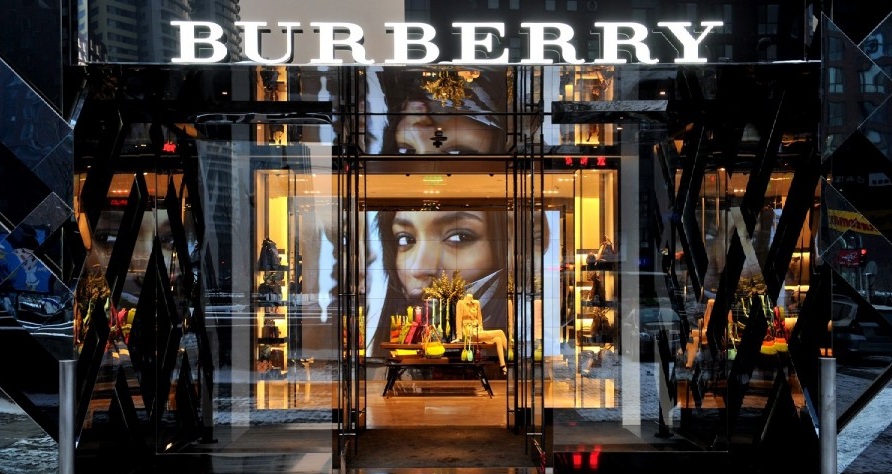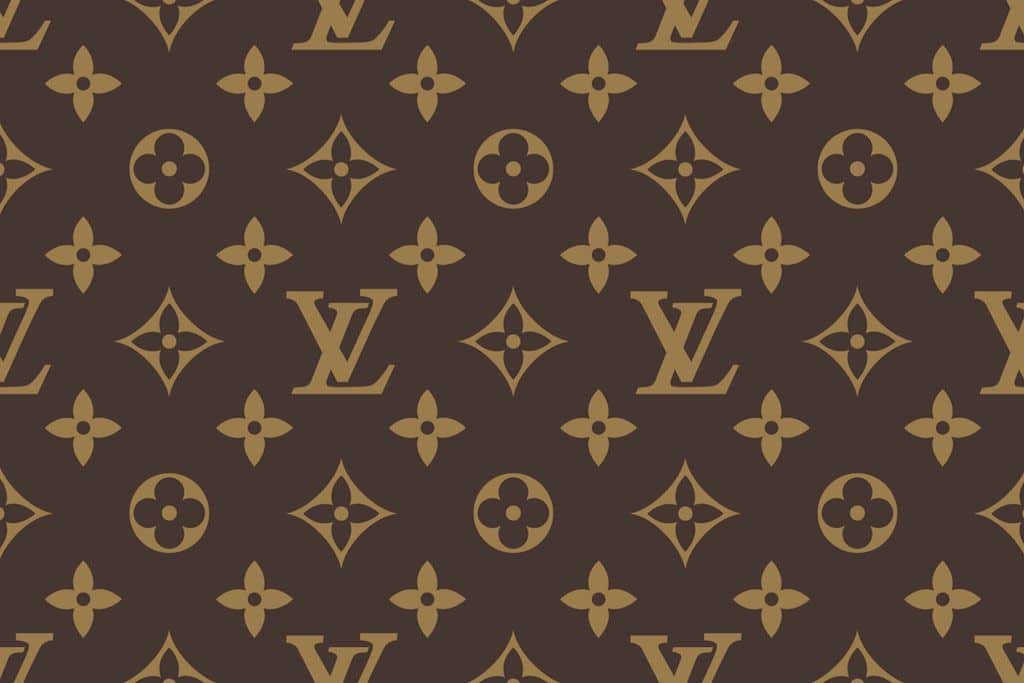Burberry posted sales up 3% on a comparable basis in the fourth quarter of 2019 (the third in its 2019-2020 fiscal year), to 719 million pounds. China is seen as a strategic hub for the expansion of international trade of the British brand. Focus.
By Luxus Plus
Burberry reported Wednesday a 3% increase in sales on a like-for-like basis in a third quarter described as ‘solid’, a performance which led the British luxury house to revise upwards its growth forecast annual.
The London brand posted sales of 719 million pounds sterling over the 13 weeks ended December 29 last year, compared to 711 million pounds over the same period of the 2018 financial year.
Growth driven by sales of new collections, especially in Europe, and accessories.
China, an attractive market
The Asia-Pacific region, usually the engine of growth, has generated only moderate single-digit growth, said Burberry, due to a halving of sales in Hong Kong.
Despite this difficult context, Burberry said that it is now targeting for its 2019/2020 fiscal year growth on a like-for-like basis with a single figure (‘low single digit’), against growth expected ‘overall stable’ so far.
Burberry wants to target the Chinese market because among the growth factors is the rapid expansion of the middle class, which should represent two thirds of Chinese households by 2027.
A fashion show in Shanghai in 2020
This is why the next Burberry collection will be the subject of a parade in Shanghai on April 23, including new silhouettes that will only be sold on this area of the globe. “This show is the latest in a series of exciting events that we plan to set up this year in China, one of our most important markets as we embark on the next phase of our transformation” specifies the CEO Marco Gobbetti.
Collaboration with Tencent announced
As part of the strengthening of its presence on Chinese territory, Burberry also announced the creation of a partnership with the Chinese giant Tencent, for the establishment of a “social retail” concept store.
It should be implanted in the bay of Shenzhen, in the course of 2020. If few details have been revealed for the moment, the House specifies that the place will offer “unique experiences that will connect the social and online lives of luxury consumers to their environment. physical, inviting them to interact, share and shop. ”
“We are aware of the uncertainties hanging over our macroeconomic environment but we remain confident in our strategy and our details for the financial year 2020” underlines Marco Gobbetti.
While demand for luxury goods is still sustained by Millennials, who are particularly sensitive to innovative trends such as the convergence of fashion and sport, a study by the Boston Consulting Group estimates that, by 2024, Chinese consumers will represent 40% of luxury customers.
Read also: Burberry reports solid quarterly earnings despite Hong Kong turmoil









